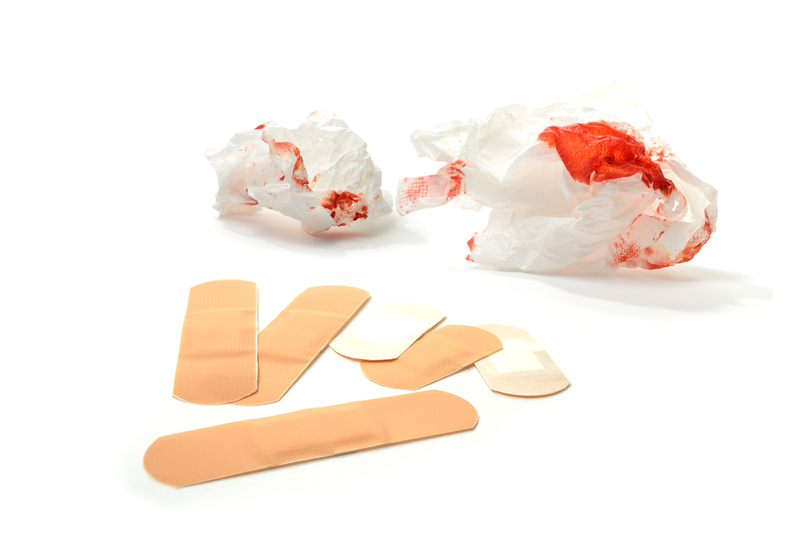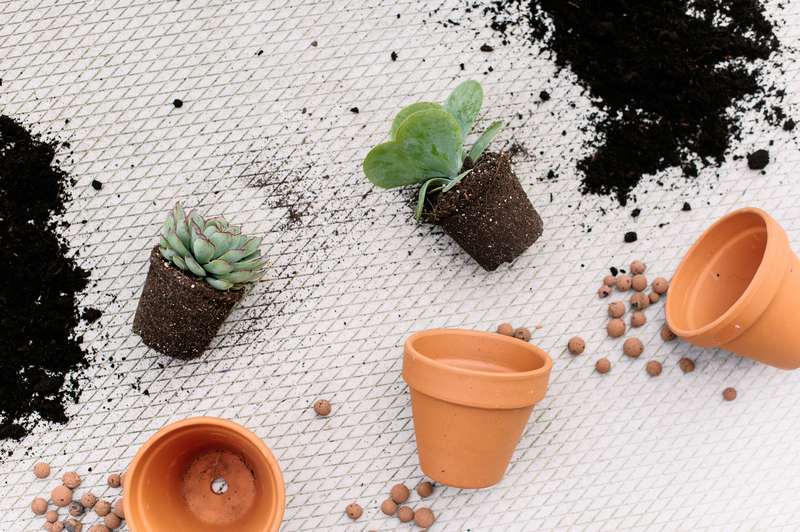Mixing Your Own Ammonia Glass Cleaner
Posted on 18/08/2025
Mixing Your Own Ammonia Glass Cleaner
Introduction
Keeping windows and mirrors pristine often requires a reliable cleaner, and many households turn to commercial products for that. However, mixing your own ammonia glass cleaner can be an effective, affordable, and eco-friendly solution. This article will guide you through the process of making your own ammonia glass cleaner while discussing the pros, cons, and some essential tips.

Why Use Ammonia for Glass Cleaning?
Ammonia is a potent cleaning agent that efficiently breaks down grime, grease, and residue. Its evaporative properties ensure streak-free windows and mirrors, making it a favorite for many household cleaning tasks. Beyond that, creating your own glass cleaner gives you control over the ingredients, ensuring there are no unwanted additives.
Materials Needed
To get started, you'll need some common household items:
- Ammonia (clear, non-sudsy)
- Water
- Rubbing alcohol or vinegar (optional)
- Spray bottle
- Measuring cup
- Funnel (optional)
How to Mix Your Own Ammonia Glass Cleaner
Follow these simple steps to make your own glass cleaner:
- Fill a spray bottle halfway with water. Using distilled water can help reduce streaking and spots.
- Add one cup of clear ammonia to the bottle.
- If you prefer, add half a cup of rubbing alcohol or vinegar. Rubbing alcohol can enhance the cleaning power and speed up drying, while vinegar provides additional grease-cutting properties.
- Fill the rest of the bottle with water, ensuring there's space at the top for mixing.
- Screw the spray nozzle on tightly, and gently shake the bottle to mix the ingredients thoroughly.
Voil?! Your homemade ammonia glass cleaner is ready to use.
Tips for Effective Use
Here are some tips to get the best results from your homemade cleaner:
- Test a small area first: Before using the cleaner on a large surface, test a small corner to ensure it doesn't damage or discolor the glass.
- Use a microfiber cloth: These cloths are excellent for glass cleaning because they don't leave lint or residue behind.
- Apply in a cool, shaded area: Cleaning in direct sunlight can cause the solution to dry too quickly, leading to streaks.
- Wipe in a circular motion: This helps to avoid streaks and ensures even coverage.
- Label your bottle: Clearly mark the spray bottle to prevent accidental misuse.
Pros and Cons of Homemade Ammonia Glass Cleaner
Pros:
- Cost-effective: Making your own cleaner is much cheaper than buying commercial products.
- Eco-friendly: Fewer chemicals and plastics are used, making it a more sustainable option.
- Customizable: You can adjust the recipe according to your needs and preferences.
- Non-toxic: You know exactly what's in your cleaner, ensuring there are no harmful additives.
Cons:
- Initial odor: Ammonia has a strong smell, which can be off-putting for some. However, it dissipates quickly.
- Handling precautions: Ammonia should be handled carefully, as it can be irritating to the skin and eyes.
- Not suitable for all surfaces: Ammonia can damage certain materials like wood or painted surfaces. Use it strictly on glass.

Key Takeaways
- Homemade ammonia glass cleaner is an effective, budget-friendly alternative to commercial products.
- It is important to handle ammonia with care, and always label your cleaning solutions.
- Using distilled water can help achieve the best results, reducing streaks and spots.
- Maintain a good ventilation when using ammonia-based cleaners to mitigate the initial strong odor.
Conclusion
Creating your own ammonia glass cleaner is a straightforward and rewarding process. It offers a cost-effective, eco-friendly, and customizable solution to keep your windows and mirrors sparkling clean. While there are some precautions to keep in mind, the benefits outweigh the challenges, making it a worthwhile endeavor for any household.
Feel free to experiment with the recipe, adding or omitting ingredients as you see fit, to discover the perfect mix for your cleaning needs. Not only will you enjoy a cleaner home, but you'll also contribute to a healthier environment by reducing the use of commercially mixed products.
Latest Posts
Tips for Keeping Wood Floors Spotless
Weekly Cleaning: Top Advantages
Routine Carpet Cleaning: Expert Recommendations



